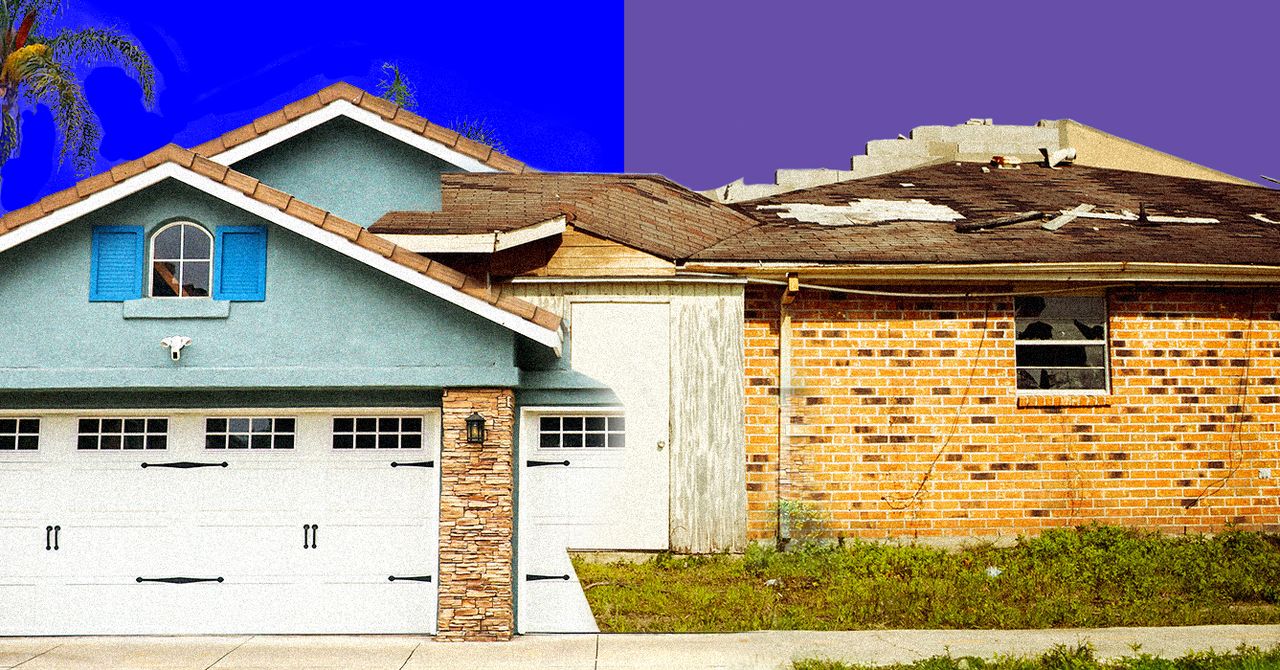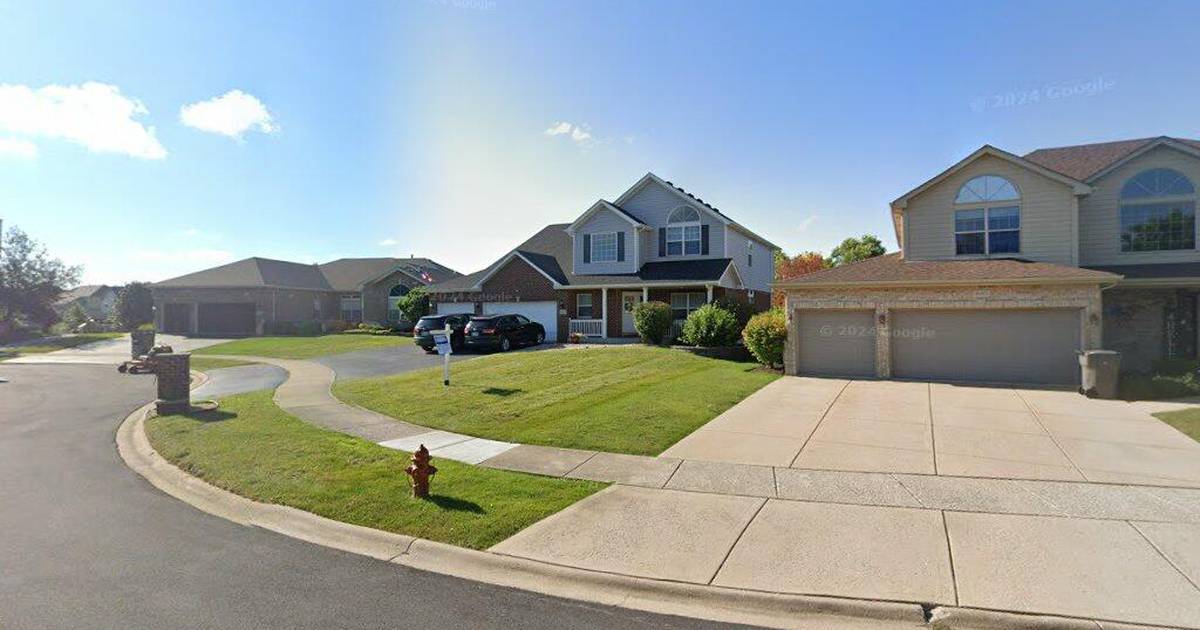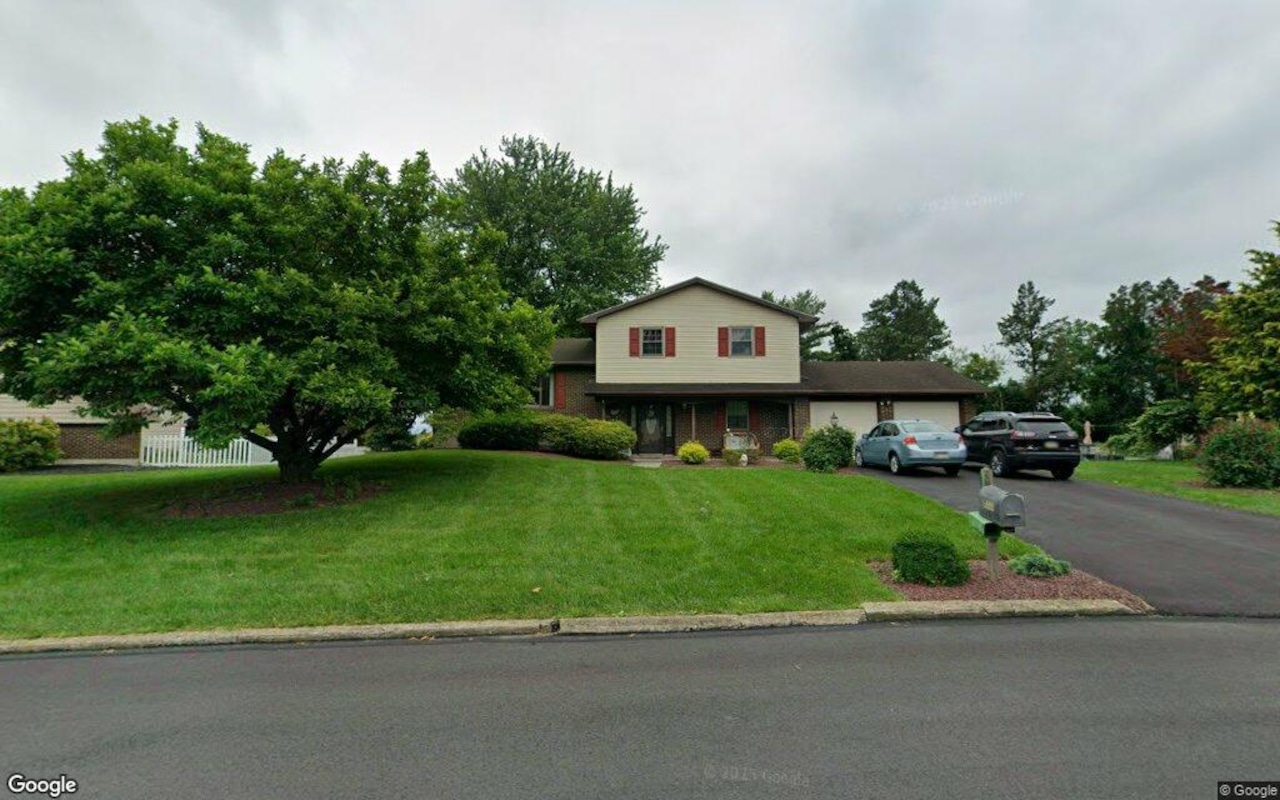W
hile browsing Franklin, Tennessee listings, you spot a vertical video that showcases a four‑poster bed, a wine cellar, and a soaking tub. A cheerful agent narrates the tour, but the entire clip is AI‑generated: the rooms are empty, the furniture is virtual staging, the voice and expressions come from text prompts, and the camera pans are computer‑crafted. The real house is a blank slate.
Alok Gupta, former Facebook product manager and co‑founder of AutoReel, says any realtor can produce “exactly that, at home, in minutes.” AutoReel turns listing photos into videos, and the company reports 500–1,000 new videos daily, used by agents across the U.S., New Zealand, and India to market thousands of properties.
Dan Weisman, director of innovation strategy at the National Association of Realtors (NAR), notes that at recent conferences, 80–90 % of attendees admit to using AI. The industry’s major players are rushing to adopt generative AI, promising higher productivity, lower costs, and a transformed buyer experience. Yet for the most expensive decisions—renting or buying—a home’s AI‑enhanced visuals can increase risk.
Elizabeth, a Michigan homeowner who keeps her name private, noticed AI‑generated photos in a listing two to three weeks ago. The images had a yellowish tint—a telltale AI sign—and featured nonsensical details: stairways leading nowhere, cartoon‑like proportions. She compared the edited photos to the original ones, finding missing kitchen cabinets, replaced backyard pavement, and resized windows. Posting the pair on Reddit’s “mildly infuriating” subreddit, she received over 1,200 comments accusing the listing of distortion. She warned that while fisheye lenses have long been used to inflate room size, AI takes exaggeration to a new level.
Similar backlash has erupted on social media: a New York City loft was marketed as a master bedroom, a Detroit house’s façade was altered to show a new roof, and a StreetEasy listing was edited to make a tiny loft appear spacious. WIRED reached out to the NYC agent; no reply came. A Detroit broker claimed the images were posted prematurely by another broker and was unsure if AI was involved.
Industry leaders, however, remain largely unconcerned. Jason Haber, a licensed realtor and co‑founder of the American Real Estate Association, argues that virtual staging costs $500 for a four‑day turnaround, whereas AI can produce similar results for free in 45 seconds. He points out that the virtual rendering industry has existed for 20 years, and AI threatens to replace those jobs. Yet he stresses that agents must disclose AI use, as the NAR’s code of ethics prohibits misleading imagery. The legal landscape around AI‑generated images is still “murky,” and deceptive practices can lead to fines or lawsuits.
Haber also identifies a telltale sign of AI copy‑pasting: ChatGPT frequently inserts “nestled” into real‑estate copy (“nestled in a prime location,” “nestled in the heart of the city,” “nestled between two other homes”). He warns that agents who become mere “toll takers” lose differentiation and creativity.
Gupta explains that high‑quality videos are essential for social‑media marketing, and AutoReel can save agents $500–$1,000 and up to a week’s time compared to professional videographers. Initially, customers were skeptical, but by 2024, demand grew, and agents now ask how to get started.
Not everyone is convinced. Nathan Cool, a real‑estate photographer with a YouTube channel of nearly 100,000 subscribers, has tested AI tools, including AutoReel. He finds vertical video a cheap add‑on but notes that some productions are more involved and costly. AI hallucinations remain a problem: Gupta says AutoReel is trained on millions of property videos and fine‑tuned to avoid adding nonexistent features, but in a test with real photos, the system inserted a fake couch when fed edited images from Elizabeth’s listing.
Even when AI outputs look realistic, Cool says many buyers are weary of AI‑generated content on social media. Buying a home is the largest investment of a lifetime, and buyers do not want to be misled before they even visit the property.











